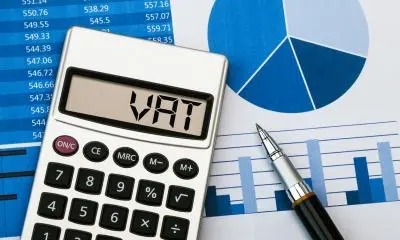
Nigeria Records Highest VAT Revenue in 7 Years, Surpass Target for 2021
Nigeria generated N563.72 billion as Value Added Tax (VAT) revenue in the fourth quarter (Q4) of 2021, bringing the total VAT revenue for the year to N2.07 trillion.
Category

Nigeria generated N563.72 billion as Value Added Tax (VAT) revenue in the fourth quarter (Q4) of 2021, bringing the total VAT revenue for the year to N2.07 trillion.

The Debt Management Office sent shivers down the spine of concerned Nigerians last week when it announced that the nation’s total public debt stock increased to N39.56 trillion in 2021 from N32.92 trillion in 2020.

Nigeria and the rest of the world continues to experience supply challenges as the global supply chain remains under pressure. This is because the global supply chain has struggled to keep pace with and rise above the effects of COVID-19.
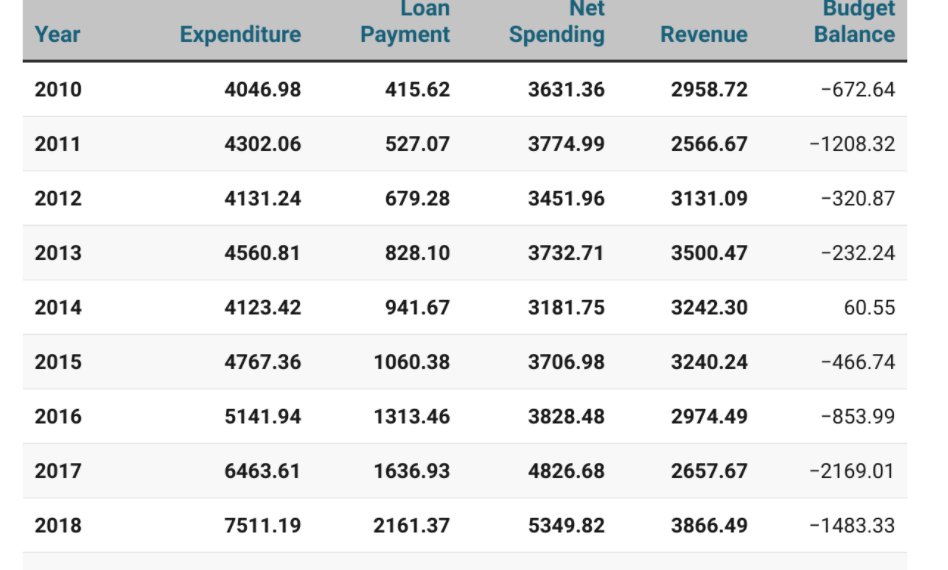
Nigeria’s total public debt hit N39.56 trillion by the end of the 2021 fiscal year.
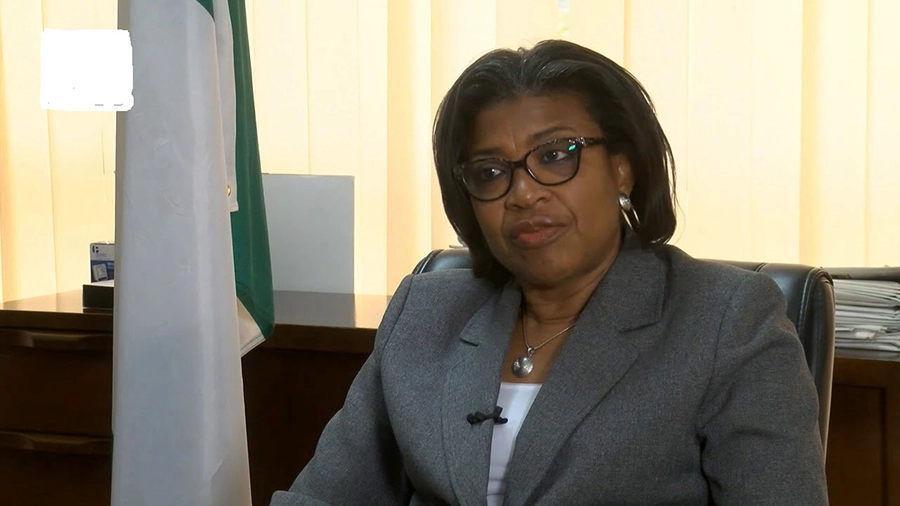
Nigeria spent N310.497 billion on domestic debt servicing in the 4th quarter of the year, N223 billion in October, N34.100 billion in November and another N53.044 billion in December.
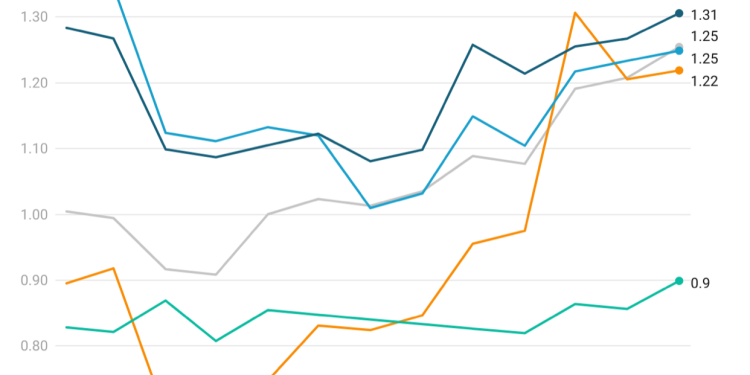
Nigeria’s inflation rate rose as headline inflation increased from 15.6 in January 2022 to 15.7% in February 2022. Having dropped from 15.63% in December 2021 to 15.6% in January 2022, the inflation rate picked up in February.
.png)
Nigeria’s raw material export reached its highest point within the last four years in the third quarter of 2021.
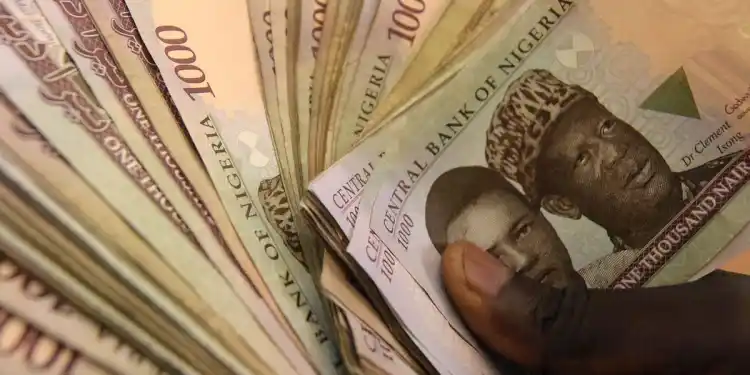
The Nigerian economy recorded a surge in 2021 after the fall it experienced in 2020.
.webp)
The 2022 budget that was approved has a total aggregate expenditure of N17.13 trillion. This is a 4.51% increase in aggregate expenditure over the proposed budget of N16.39 trillion.

With a total inflow of $1.7 billion in the third quarter (Q3) of 2021, capital importation increased by 18.47% over the $1.5 billion recorded in Q3 2020.

Of the N5.467 trillion approved for capital expenditure in the 2022 budget, the Ministry of Finance, Budget, and National Planning was awarded N941 billion. This makes up 17.21% of the total capital expenditure approved.

The federal government of Nigeria has approved a budget of N17.13 Trillion (N17,126,873,917,692) for the 2022 fiscal year. While the federal government plans to spend this amount as total expenditure, it hopes to generate revenue to the tune of N10.74 Trillion (N10,740,803,831,543).
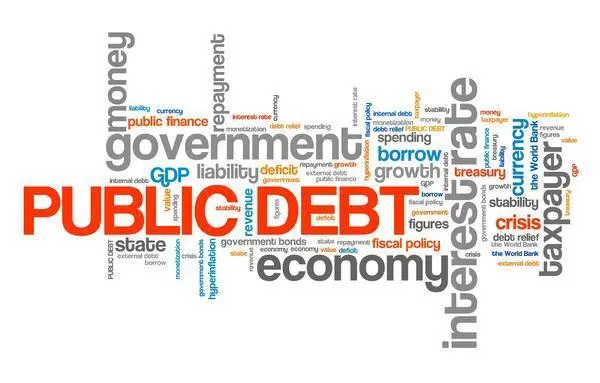
A Dataphyte review of the Medium Term Expenditure Framework has revealed that Nigeria will borrow N14.8 Trillion between 2022 and 2024. According to the document, the projected figure for 2022 stands at N4.89 Trillion. This is further broken into domestic borrowing of N2.44 Trillion and N2.44 Trillion for foreign borrowing.

The average monthly reserve held by banks in Nigeria summed up to N10.21 trillion as of November 2021. The total reserve for the eleven months was N112.27 trillion.
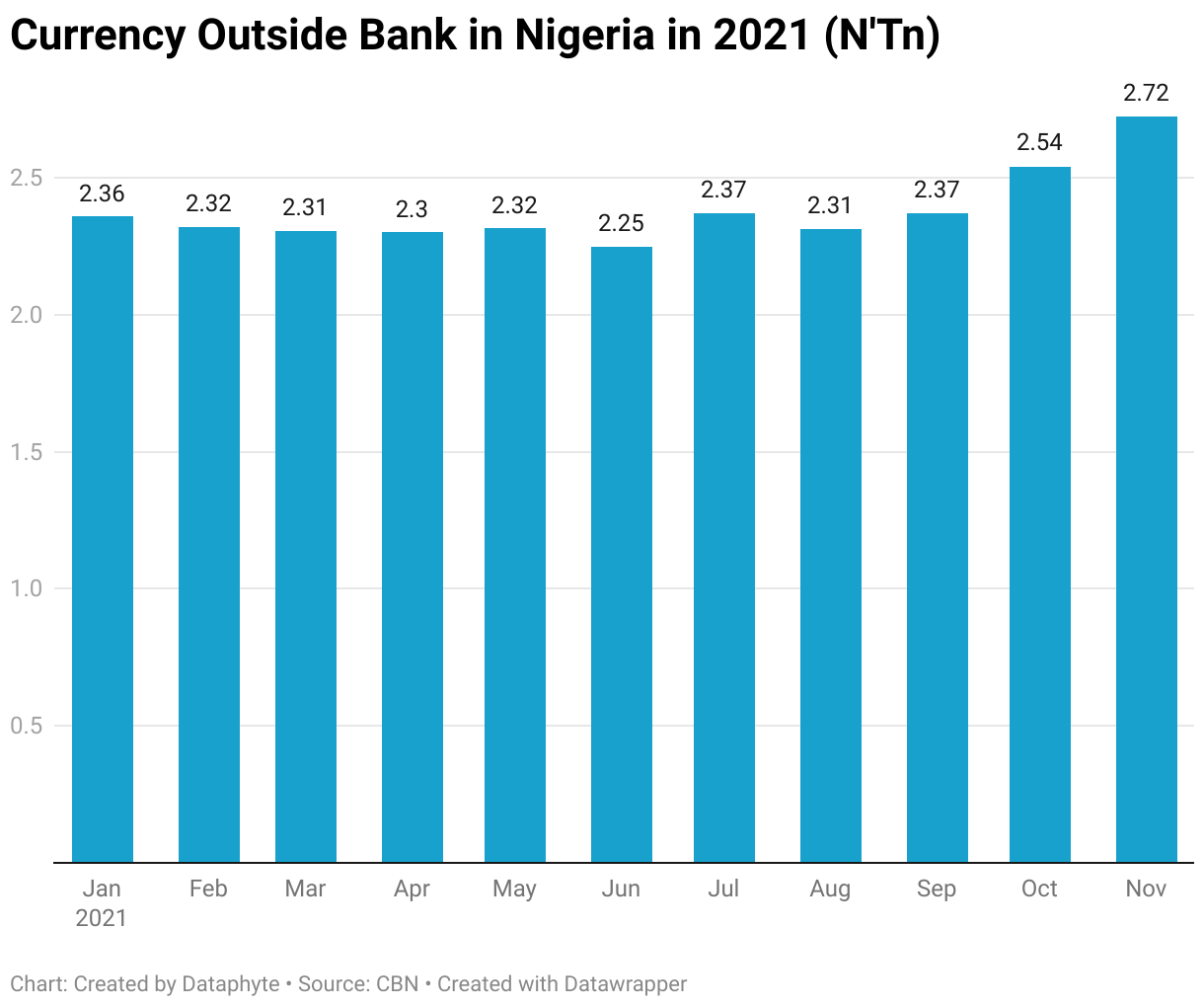
N26.17 trillion was the total figure of unbanked money in Nigeria from January to November 2021. This figure was the amount of money circulating in the Nigerian economy for various transactions that is not accounted for by the country’s banking system.